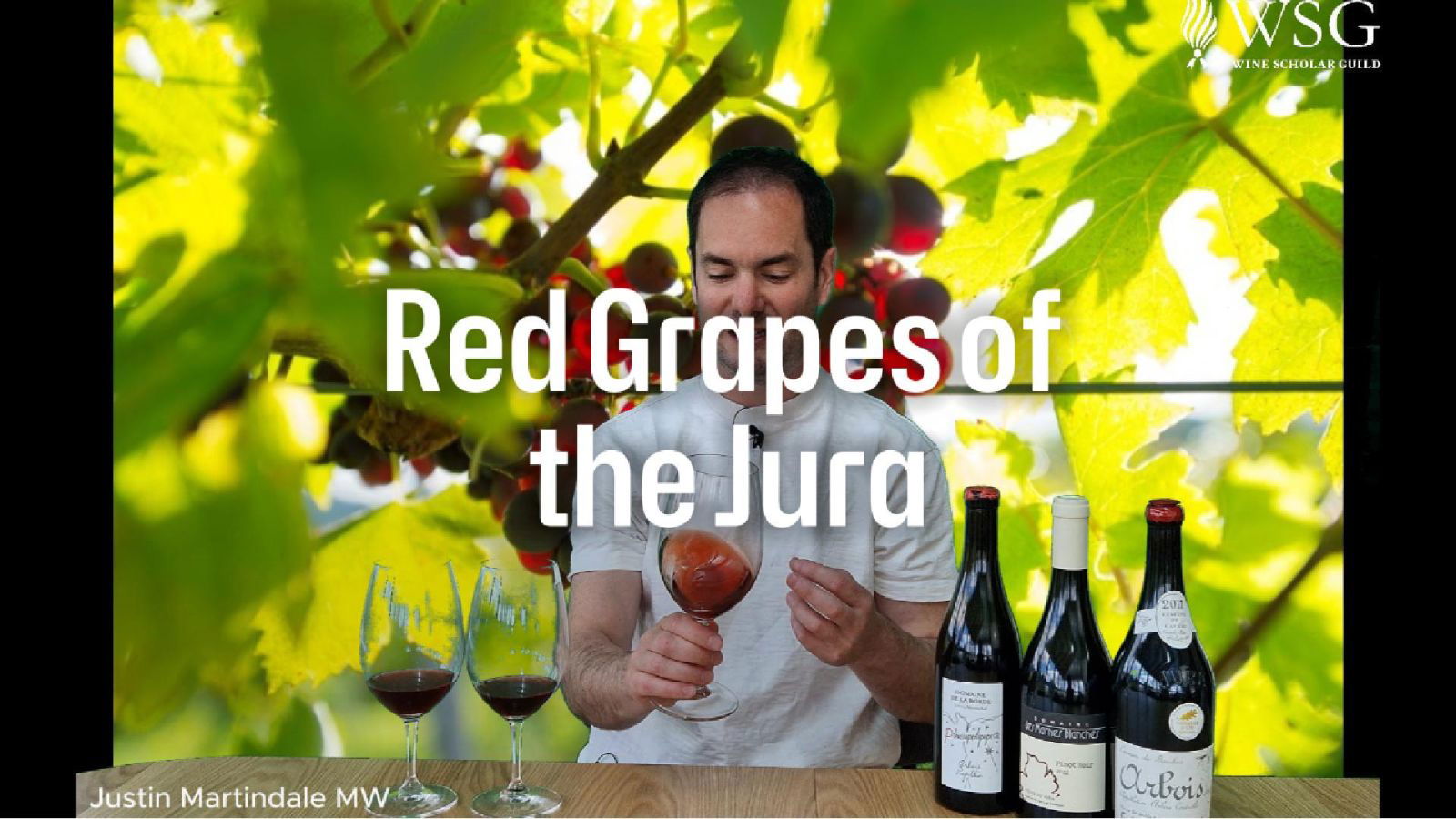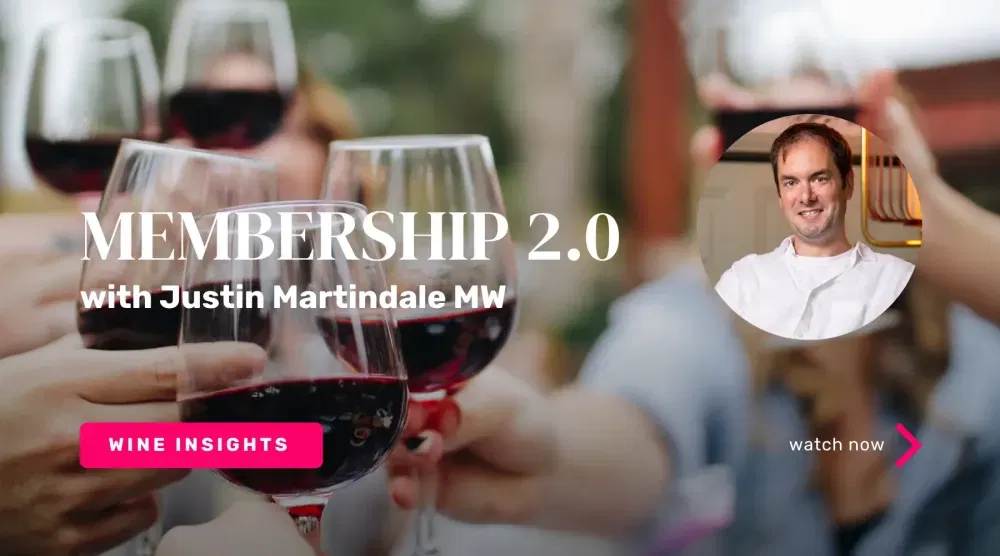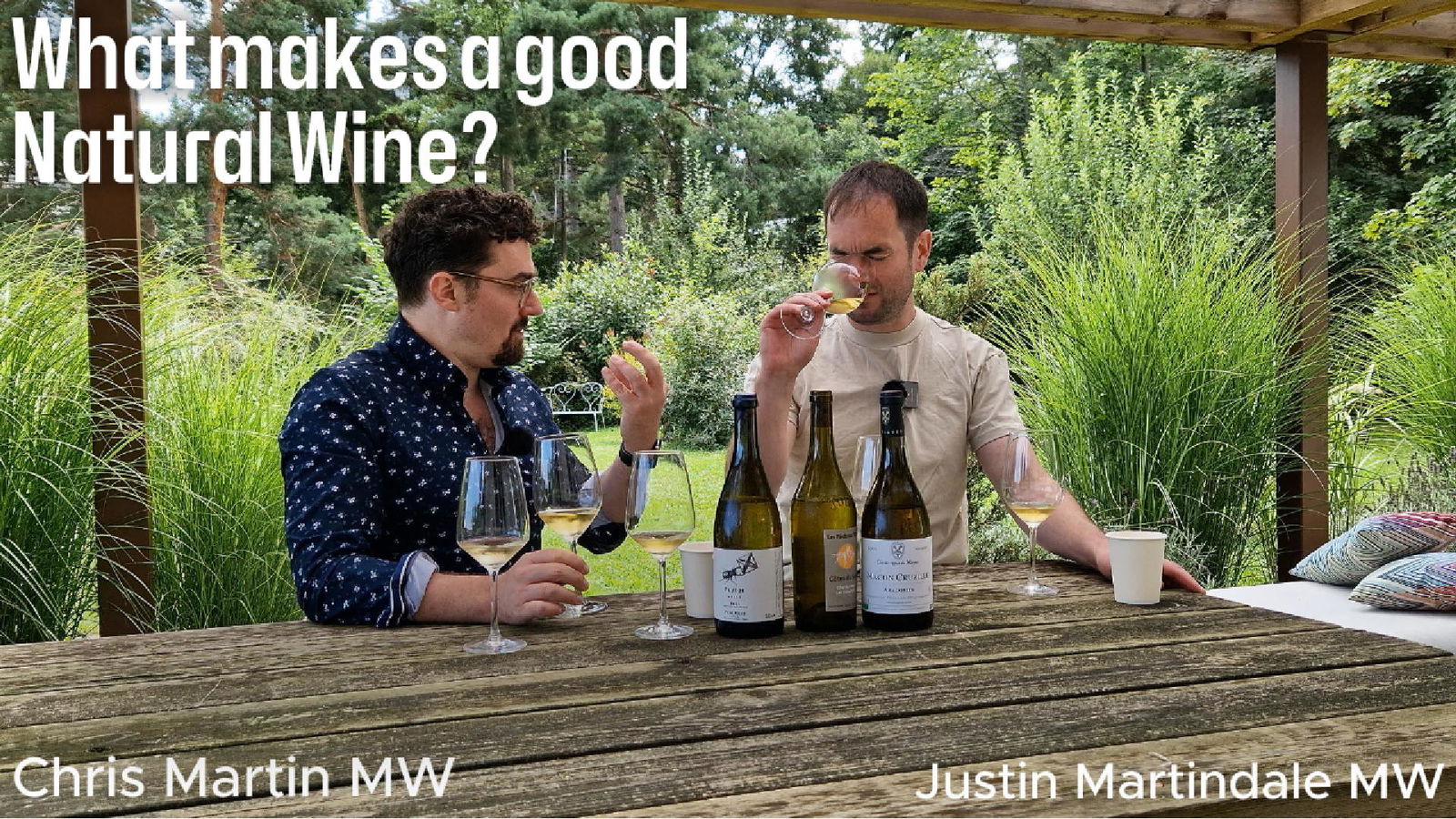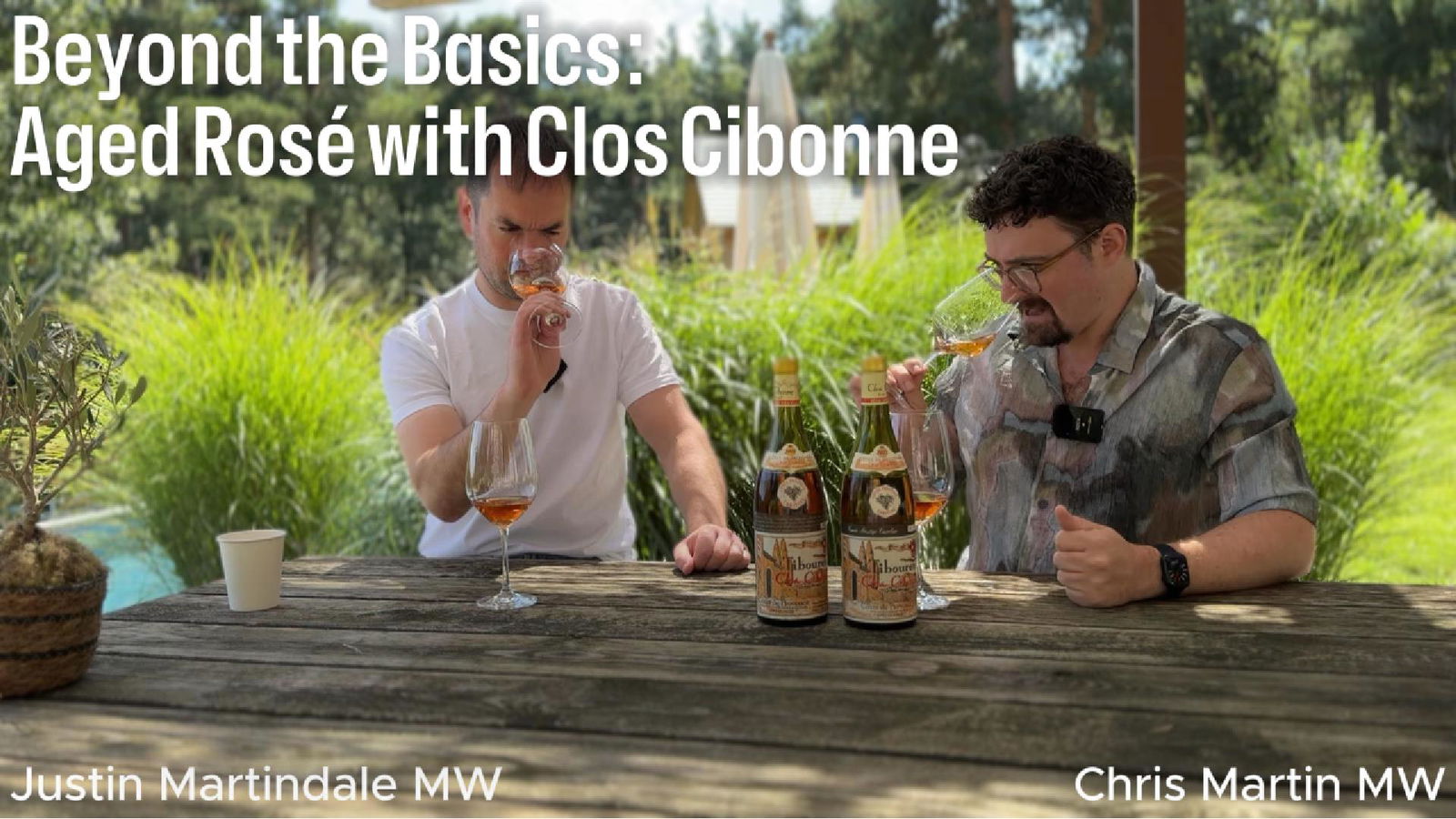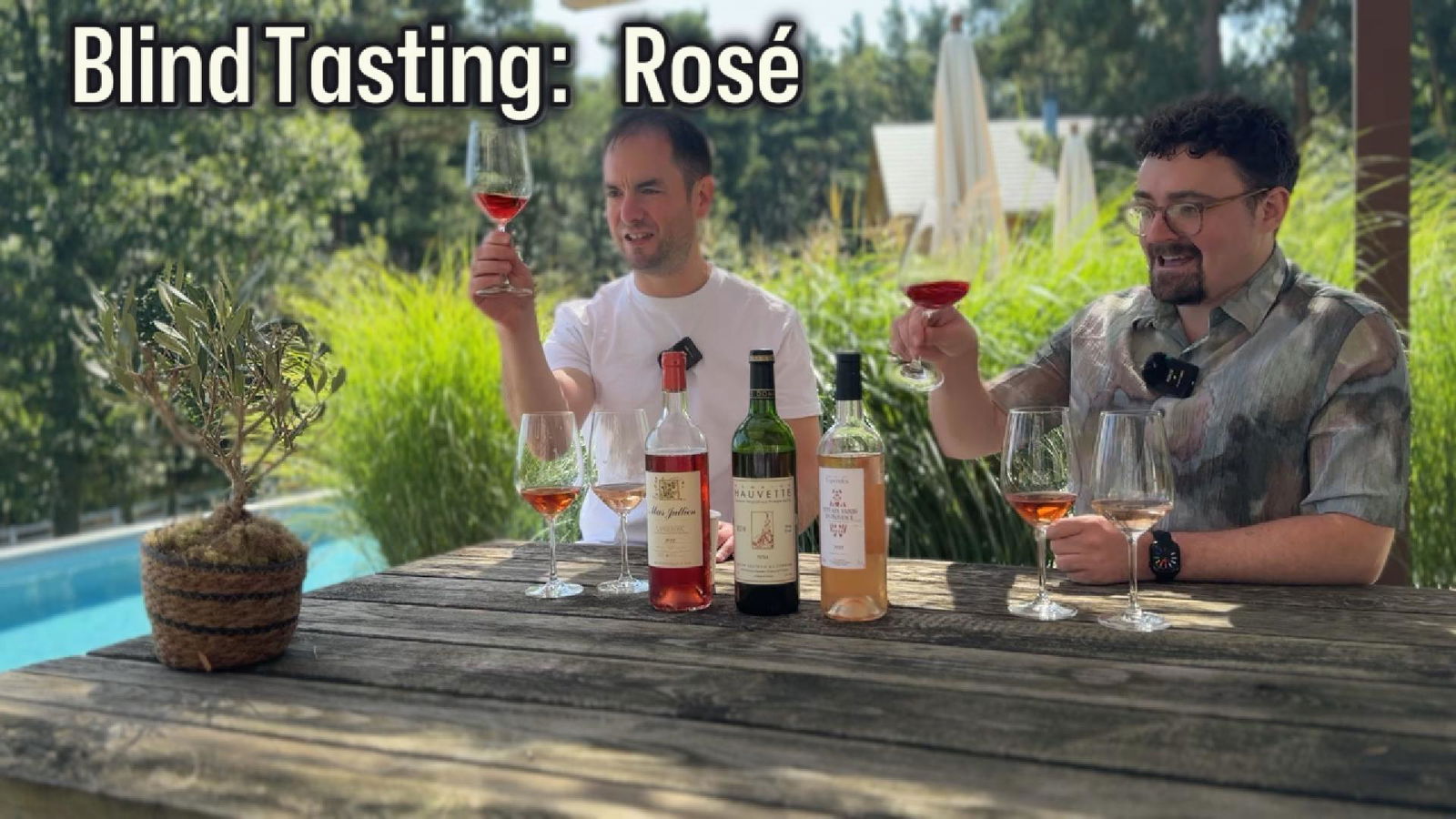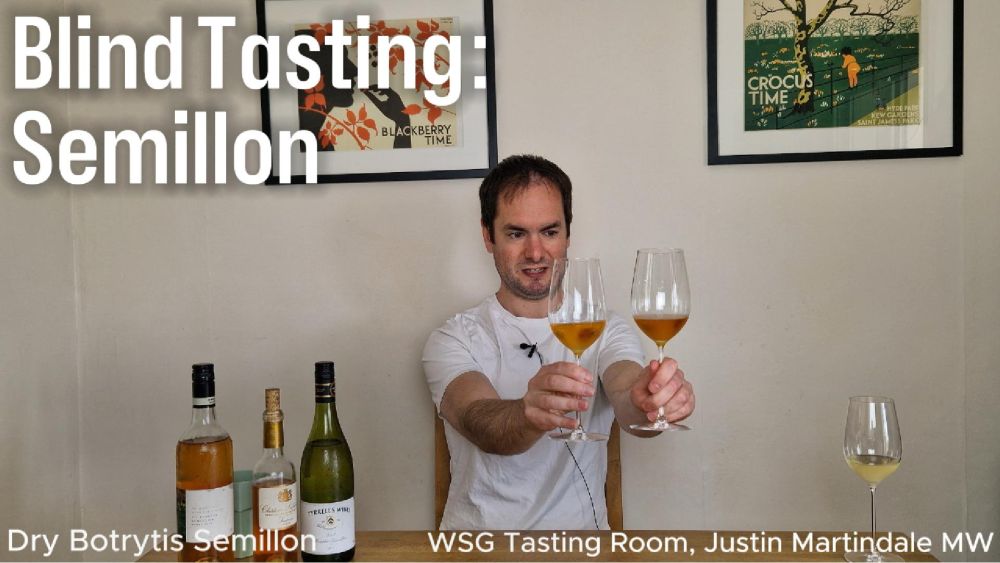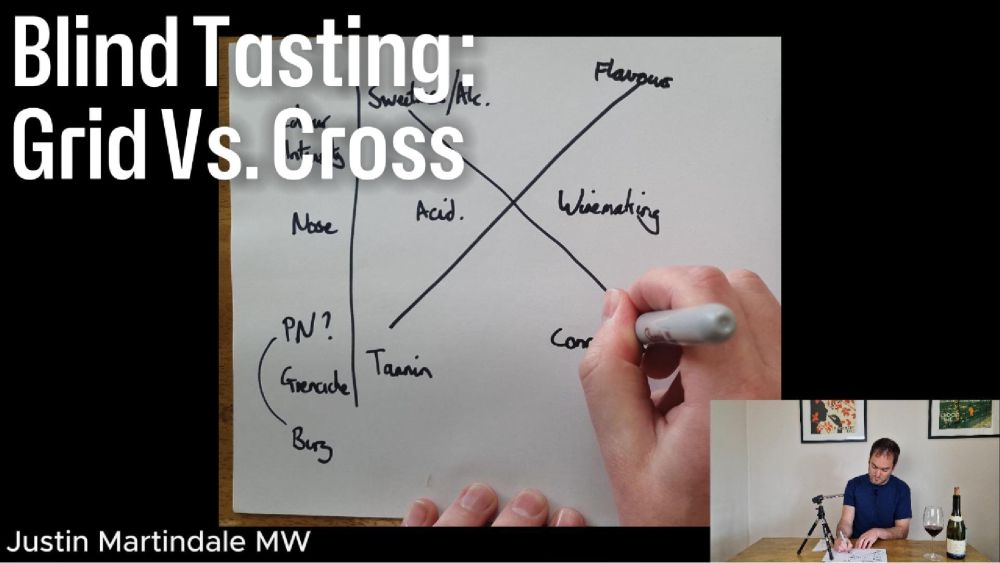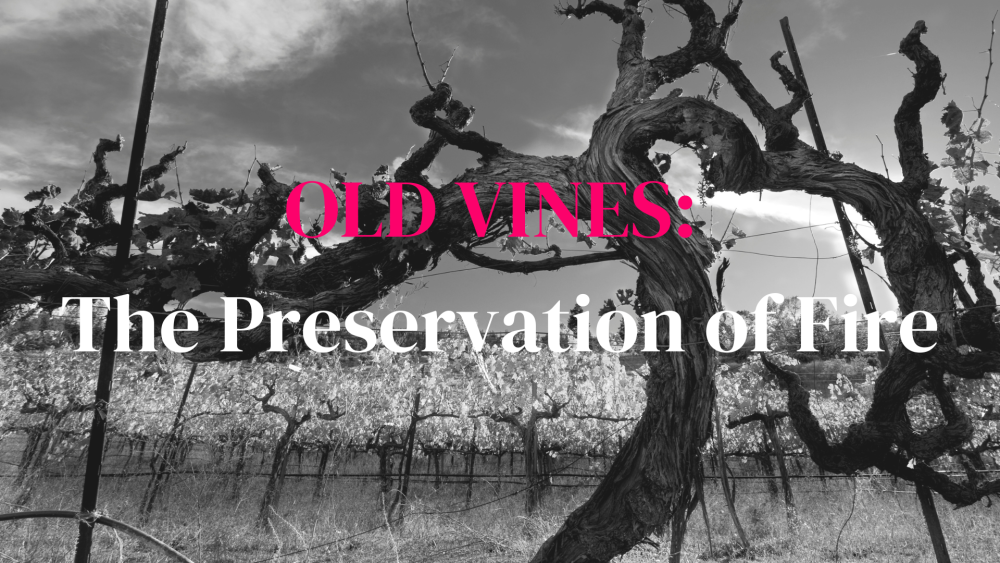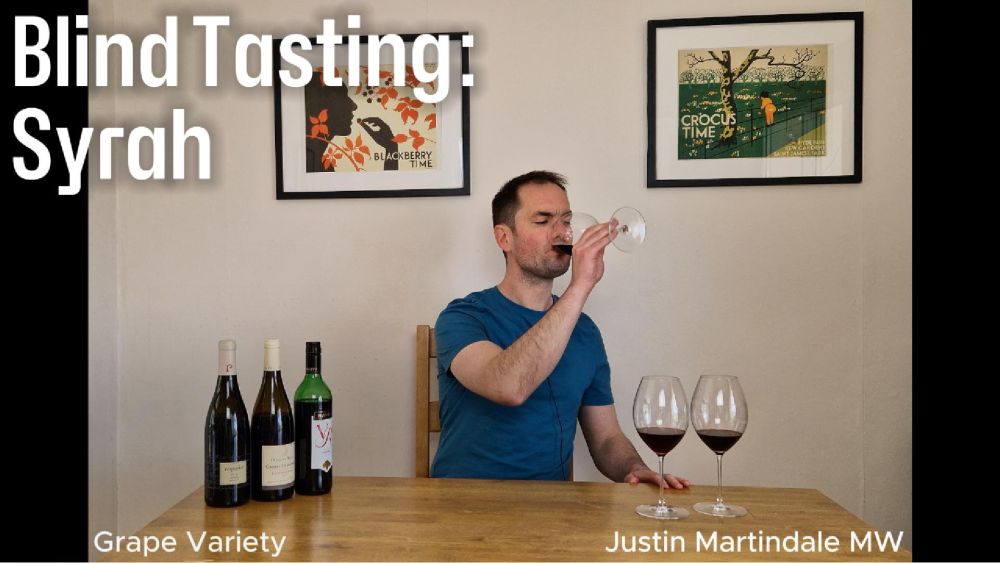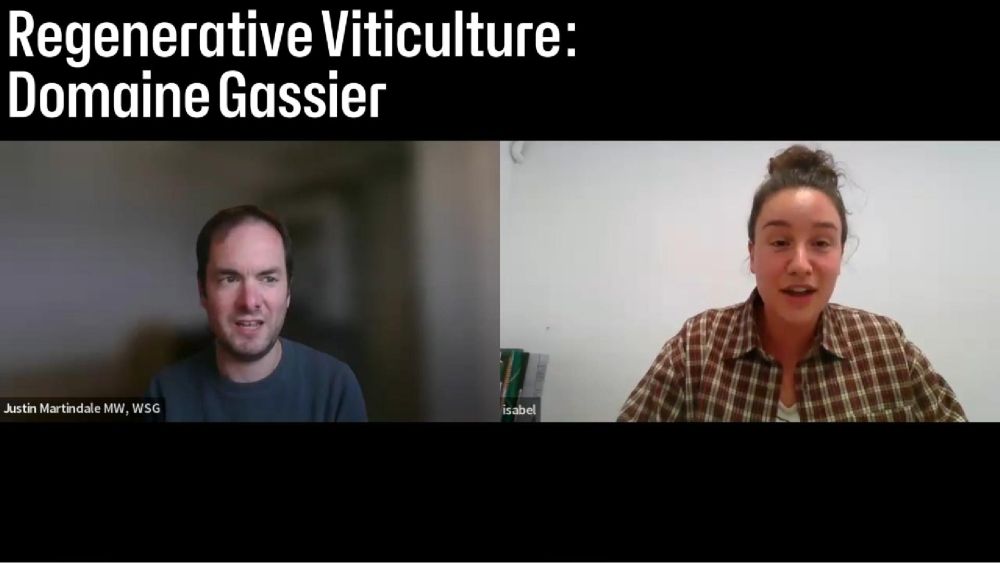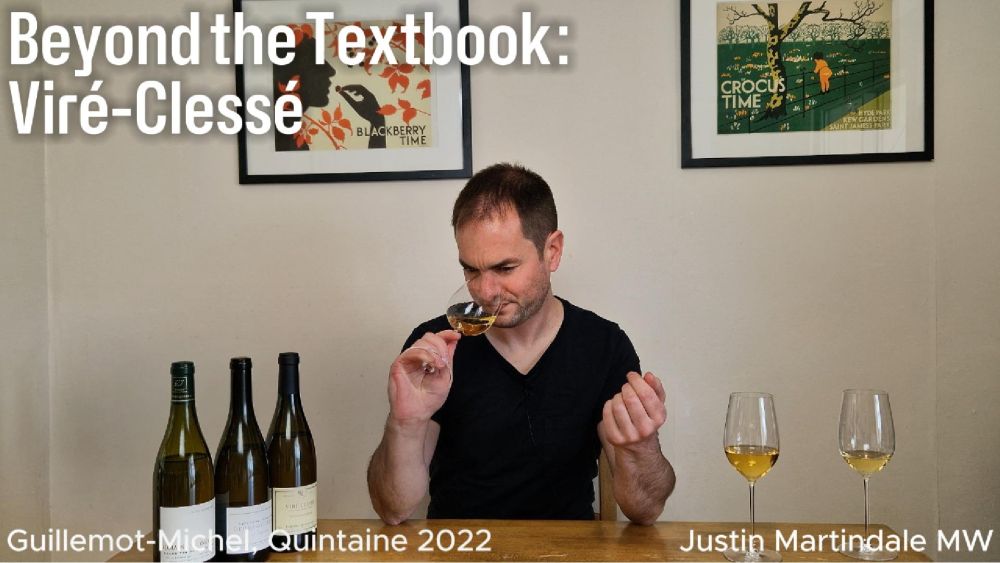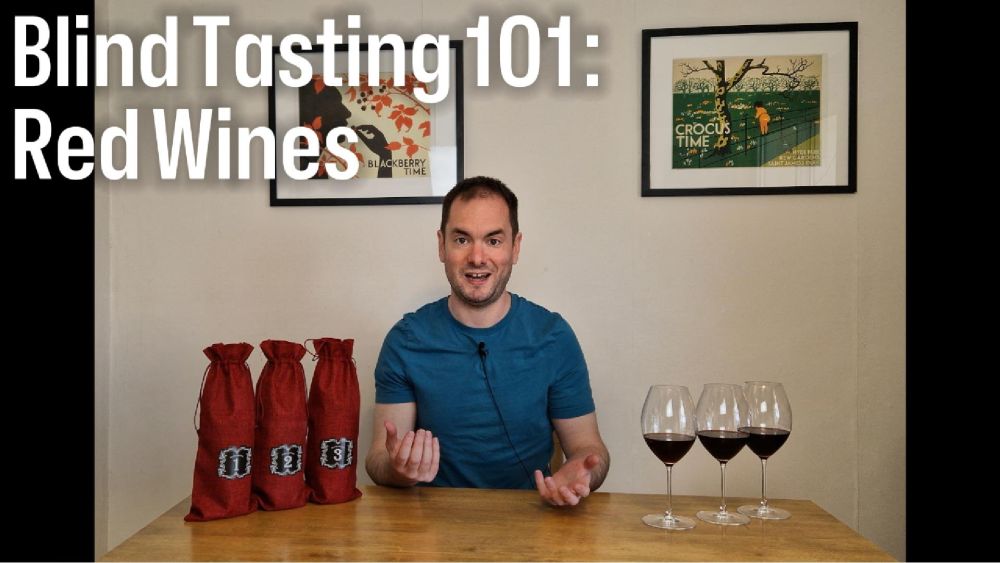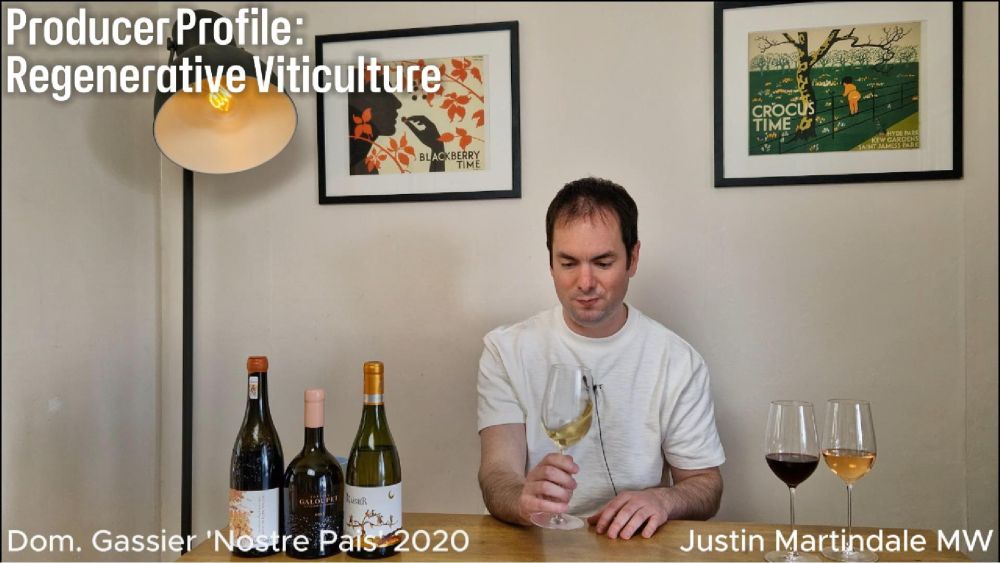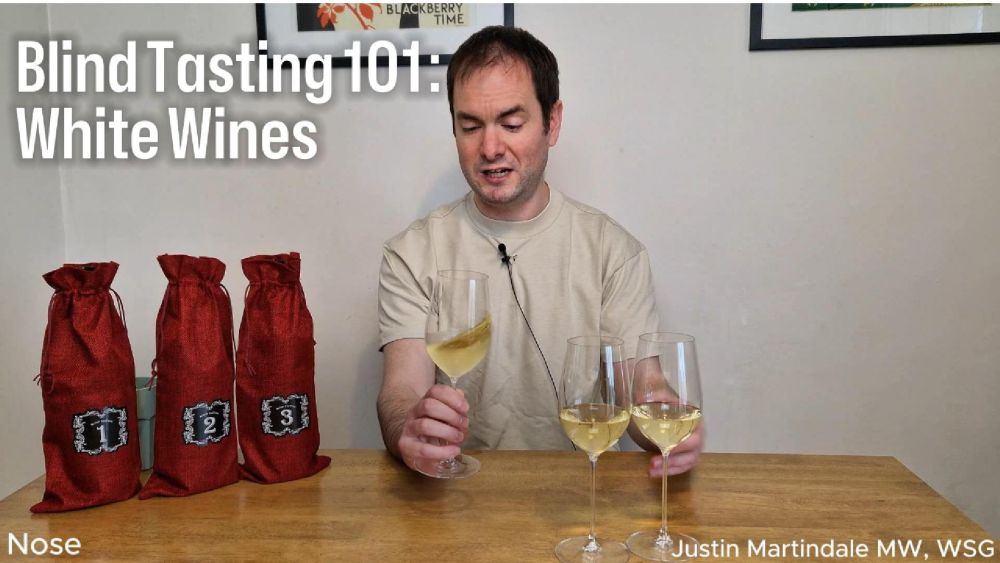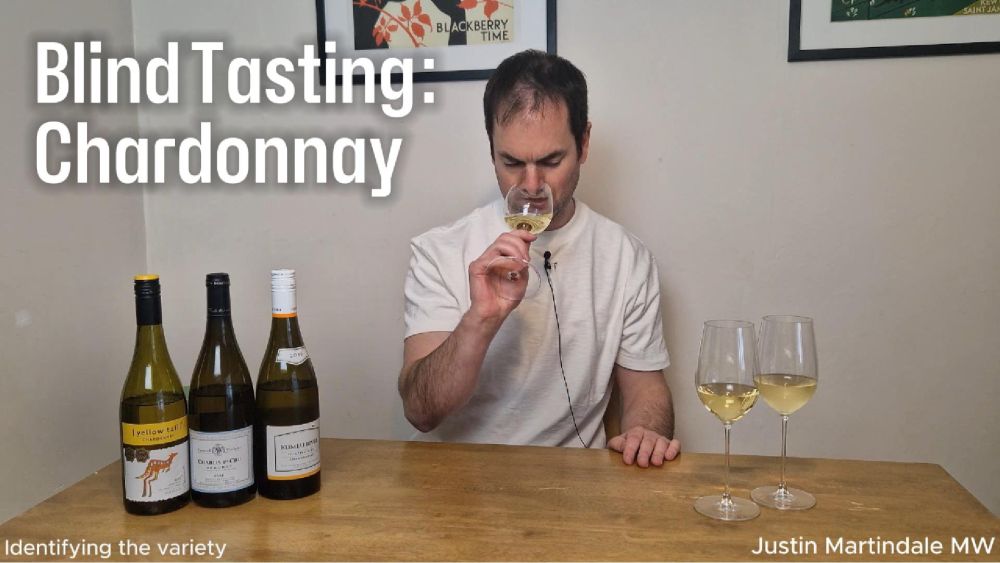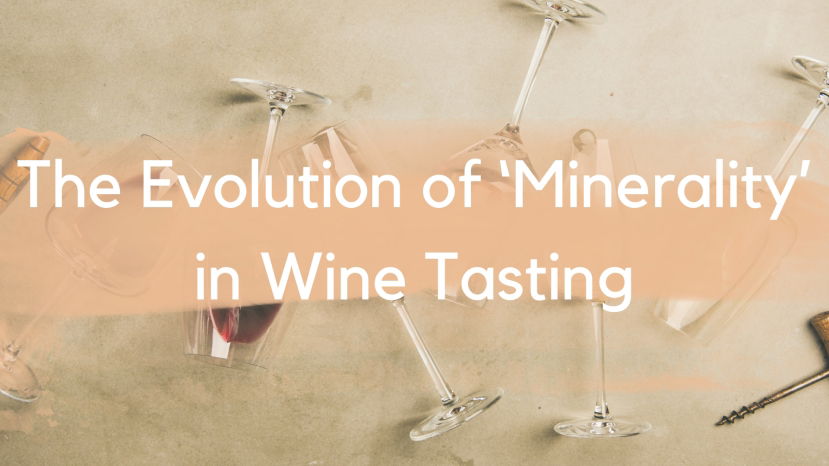
How to improve your tasting skills
Summary:
About the Speaker:
Timestamp:
Introduction to the Webinar (00:00)
Justin Martindale welcomes participants and introduces the topic of blind tasting and practical tips for improving tasting skills.
Tasting Exam Comparisons (00:04)
Comparison of the Master of Wine (MW) and Master Sommelier (MS) tasting exams, highlighting their rigorous nature and requirements.
Session Structure Overview (00:06)
Justin outlines the session's focus areas: tasting notes, exercises, quality assessment, and miscellaneous tasting tips.
Writing Tasting Notes (00:07)
Introduction to writing effective tasting notes and alternative methods to traditional tasting grids.
Limitations of Tasting Grids (00:08)
Discussion on the drawbacks of tasting grids and their impact on subjective wine tasting experiences.
The Cross System for Tasting (00:14)
Introduction of a new method, the Cross System, for organizing tasting notes more effectively and intuitively.
Introduction to Tasting Notes (00:18)
Discussion on adapting tasting methods and personalizing tasting notes for a more nuanced approach.
Blind vs. Open Tasting (00:20)
Comparison of blind tasting and open tasting, emphasizing the benefits of open tasting for active learning.
Practical Tasting Exercises (00:22)
Suggestions for tasting exercises, focusing on small flights and assessing expectations against actual wine characteristics.
Identifying Weak Spots (00:25)
Encouragement to recognize personal weaknesses in wine tasting and make a list to improve skills.
Tasting Laterals (00:26)
Explanation of lateral tasting with similar wines to identify key differences and enhance tasting skills.
Tasting in Black Glasses (00:30)
Experience of tasting wines without visual cues to heighten sensory focus and challenge assumptions.
Understanding Personal Taste (00:32)
Exercise using various substances to explore personal taste perceptions and improve wine tasting accuracy.
Assessing Wine Quality (00:34)
Introduction to the BLIC system for evaluating wine quality beyond personal preference and subjective impressions.
Understanding Sense of Place (00:37)
Discussion on how a wine's origin and craftsmanship can indicate its quality and memorability.
Memorable Wines (00:38)
Exploration of how some wines leave lasting impressions while others are easily forgotten.
Developing Your Tasting Language (00:39)
Encouragement to create personal vocabulary for describing wines, enhancing tasting experiences.
Blind Tasting Techniques (00:40)
Strategies for identifying wines in blind tastings, including climate and regional characteristics.
Old World vs. New World Wines (00:41)
Discussion on the differences and blurred lines between old world and new world wines.
Assessing Wine Quality (00:42)
Tips on determining wine quality without knowing the grape variety.
Wine Categorisation (00:43)
Advice on categorising wines based on characteristics like aroma and winemaking techniques.
First Taste Importance (00:44)
Emphasis on not wasting the first taste to maintain palate accuracy during tastings.
Proactive Tasting Approach (00:44)
Encouragement to taste wines with intention rather than relying on memory of previous sips.
Avoiding Grid System Pitfalls (00:45)
Warning against getting lost in grid systems and forgetting to assess the wine's overall quality.
Practicing with a Cold (00:46)
Suggestion to practice tasting while unwell to prepare for exam conditions.
Identifying Grape Varieties (00:46)
Discussion on the necessity of identifying grape varieties in professional settings.
Enjoying Wine Tasting (00:47)
Reminder that wine tasting should be fun and enjoyable, not overly stressful.
Tasting with Friends (00:48)
Advice on balancing wine tasting techniques with the enjoyment of drinking wine socially.
Understanding Sense of Place (00:49)
Clarification on what constitutes a wine's sense of place beyond geographical factors.
Comparing Varieties Across Regions (00:50)
Value of comparing grape varieties from different regions for better tasting knowledge.
Long-Term Memory Techniques (00:51)
Discussion on how experience and regular tasting contribute to long-term wine knowledge.
Resetting Your Palate (00:52)
Tip on neutralising your palate between tastings for better accuracy.
Impact of Climate Change (00:53)
Overview of how climate change is affecting wine styles and characteristics.
Bulk Wines in Exams (00:55)
Insight into the presence of mass-produced wines in wine examinations and the confidence needed to assess them.
Quality Assessments in Wine (00:56)
Discussion on how wine professionals struggle with quality assessments due to skewed perceptions from high-end wines.
Keeping Your Palate in Shape (00:56)
Tips on maintaining palate sensitivity after tasting wines with high acid or tannins.
Confidence in First Impressions (00:57)
Advice on trusting initial perceptions of wine to avoid confusion from repeated tastings.
Focus on Classic Wines (00:58)
Emphasis on learning classic wine styles as foundational knowledge before exploring broader varieties.

